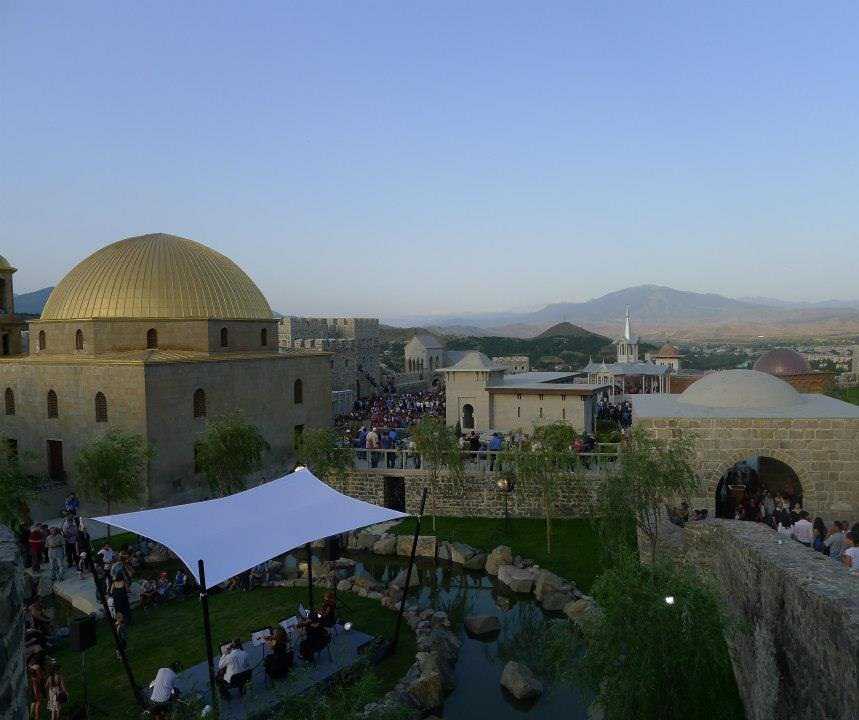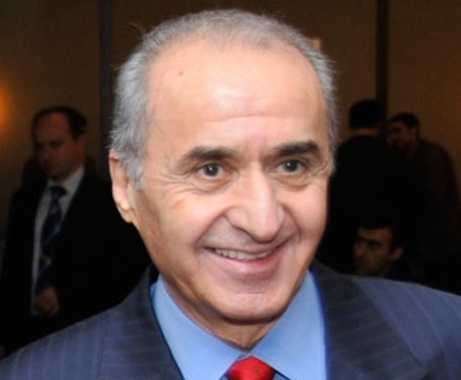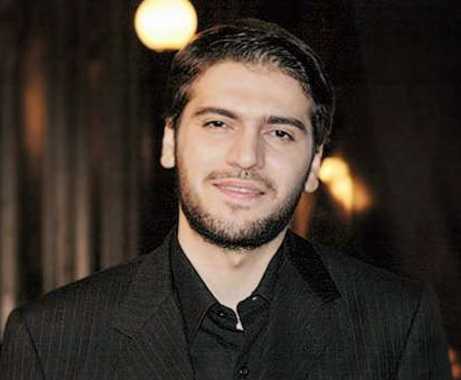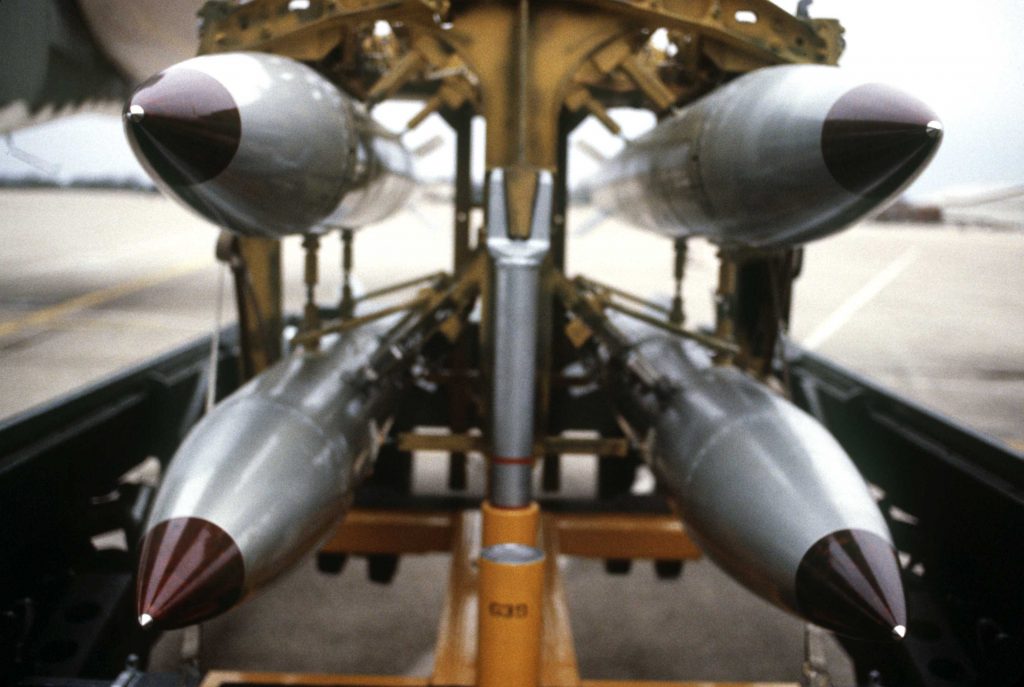Turkey declined reports on Thursday that a French-Japanese consortium has won a tender to build the country’s second nuclear power plant, asserting it was “too early to comment.”
Japan’s Nikkei business daily reported on Thursday that the Japanese Mitsubishi Heavy Industries Ltd. and France’s Areva SA have won an order to build Turkey’s second nuclear power plant, a project expected to cost around $22 billion. Representatives from Areva and Mitsubishi Heavy were unavailable immediately to comment, but Turkish Energy Minister Taner Yildiz rushed in on Thursday to deny that such a deal existed.
“It is too early to make such comments. … We cannot yet say the race for [who will build] our second nuclear power plant is over,” Yildiz told a private news channel on Thursday.
Turkey has been in negotiations with South Korea, China, Japan and Canada for the construction of a second nuclear power plant in the Black Sea province of Sinop. An agreement was reached with Russia in 2010 to build the first plant in Mersin’s Akkuyu district.
Reiterating the Turkish government’s reluctance to offer a state guarantee for the nuclear project’s financing, Yildiz said South Korea was eliminated due to this condition, while more focused talks continued with Japan and China. “I think we are now closer to finalizing the talks with these two countries than ever,” said the energy minister.
This is not the first time Turkey has insisted on “risk sharing” in the months-long Sinop nuclear bid. Observers argued Yildiz’s statements were meant to further heat up competition between the bidders so that they would agree to relatively more favorable terms.
Ongoing rapprochement between Ankara and Paris as the latter decided to lift its block on Turkey’s EU accession negotiations along with improving ties with Japan remains a key factor in the alleged nuclear deal.
Nikkei on Thursday said Turkey’s Ministry of Energy and Natural Resources had informed Japanese government and corporate officials of the decision to award them a deal to build four pressurized water nuclear reactors with a combined capacity of about 4.5 gigawatts in Sinop, a province on the Black Sea coast.
The paper added that the Turkish government had approached Japan about a summit meeting between Japanese Prime Minister Shinzo Abe and his Turkish counterpart, Recep Tayyip Erdogan, in early May, after which it is likely to officially grant preferred negotiating rights to the Mitsubishi-Areva consortium. It added construction is set to start in 2017, with the first reactor slated to come online by 2023, and France’s GDF Suez SA will operate the plant.
Energy-poor Turkey aims to have three nuclear power plants, all of them operational by 2023, its centennial. It is anticipated to overtake Britain as Europe’s third-biggest electricity consumer within a decade.
Meanwhile, Yildiz on Thursday asserted the government will stick with plans to increase oil trade with Iraq’s north while a possible natural gas pipeline from Israel to flow through Turkey into world markets was “on the table.” “All countries in this region are aware Turkey is the key, most feasible corridor for similar energy transfer projects.”
via Turkey denies French-Japanese JV win nuke bid.






